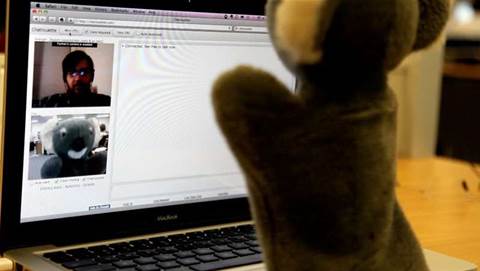YouTube chief counsel Zahavah Levine has accused media firm Viacom of using the video sharing site to leak its own material.
The accusation comes as the two firms prepare to meet in court in a case brought by Viacom against YouTube for what it calls "massive intentional copyright infringement".
On his official YouTube blog, Levine warned that the case could spell the end for the firm.
"YouTube and sites like it will cease to exist in their current form if Viacom and others have their way in their lawsuits against YouTube," he wrote.
Viacom argued that YouTube does not do enough to protect rights holders, but Levine countered that determining ownership is not its responsibility, but that of the rights holder.
He cited the Digital Millennium Copyright Act (DMCA), which protects service providers, adding, "In this case, it was made even harder by Viacom’s own practices."
Levine alleged that both before and after the complaint was launched, Viacom workers leaked videos to YouTube with the blessing of their employer.
"For years, Viacom continuously and secretly uploaded its content to YouTube, even while publicly complaining about its presence [there]," Levine wrote.
He alleged that Viacom hired no fewer than 18 different marketing agencies to upload its content to the site, deliberately "roughing up" the videos to make them look stolen or leaked.
According to the post, "Viacom opened YouTube accounts using phoney email addresses. It even sent employees to Kinko's to upload clips from computers that couldn't be traced to Viacom."
This range and wealth of uploads even confused Viacom itself, according to Levine, who said that often YouTube would be contacted by the firm to remove video clips, only to be asked to republish them at a later date.
"On countless occasions Viacom demanded the removal of clips that it had uploaded to YouTube, only to return later to sheepishly ask for their reinstatement. In fact, some of the very clips that Viacom is suing us over were actually uploaded by Viacom itself," he explained.
Released court documents also show that the firm insisted that clips were kept livebecause they were helping their ratings.
In February 2007, Viacom approached YouTube and demanded that a large number of its videos be removed, which the latter did the following day. Following this, Viacom turned to litigation, demanding US$1bn in reparations.
The legal case is expected to finish this winter.


_(28).jpg&h=140&w=231&c=1&s=0)
_(20).jpg&h=140&w=231&c=1&s=0)

.png&h=140&w=231&c=1&s=0)





 iTnews Benchmark Awards 2026
iTnews Benchmark Awards 2026
 iTnews Executive Retreat - Security Leaders Edition
iTnews Executive Retreat - Security Leaders Edition
 iTnews Cloud Covered Breakfast Summit
iTnews Cloud Covered Breakfast Summit
 The 2026 iAwards
The 2026 iAwards











_(1).jpg&h=140&w=231&c=1&s=0)



